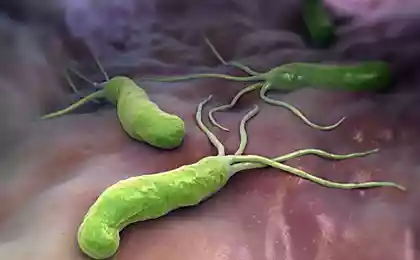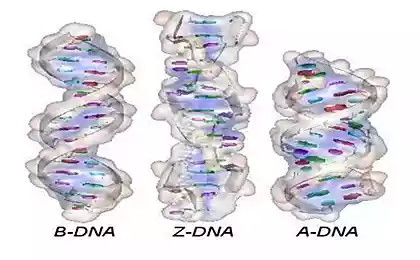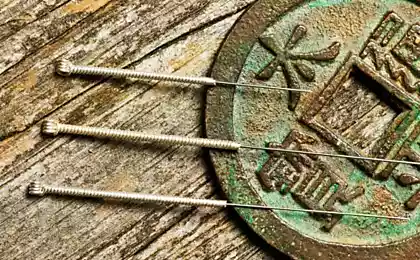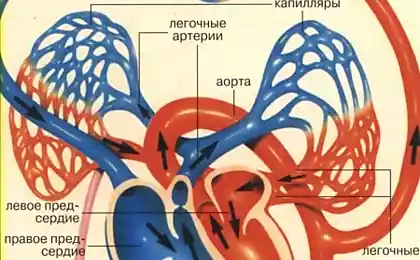483
Bacterium that causes pneumonia damages the heart muscle
Bacterium that causes pneumonia (Streptococcus pneumoniae) is responsible for causing microtrauma to the cardiac tissue.
When scientists conducted the autopsy of mice and monkeys with high levels of these bacteria, 30 hours after an animal is infected, they found tiny holes and pinholes in the heart muscle, especially the ventricles.

As the researchers note, all the holes were filled with bacteria and observed a complete lack of natural immune cells. This has forced physicians to assume that S. pneumoniae undermines the immune reaction in the heart.
Microbiologist Carlos Orihuela: "It's amazing that no one has ever done this before. We decided to just cut out the heart of mice that had severe disease and to observe the damage. And when we did it, lo and behold, there were these micro-perforations. . . filled with bacteria. This is the first report in over 120 years of research of S. Pneumoniae, which shows that the bacteria do invade the tissue of the heart."
When microbiologists considered the heart of infected mice with ampicillin, 12 hours later, they saw that the pinholes contain a small amount of bacteria. This antimicrobial treatment caused the immune cells to penetrate the pinholes, which in the end formed a scar tissue. The presence of such scars helps to explain why some patients experience cardiac complications even after recovery from pneumonia.
According to experts, this scientific news underscores the importance of preventing pneumococcal pneumonia infections, especially in older people with existing heart problems.
Source: nauka24news.ru/
When scientists conducted the autopsy of mice and monkeys with high levels of these bacteria, 30 hours after an animal is infected, they found tiny holes and pinholes in the heart muscle, especially the ventricles.

As the researchers note, all the holes were filled with bacteria and observed a complete lack of natural immune cells. This has forced physicians to assume that S. pneumoniae undermines the immune reaction in the heart.
Microbiologist Carlos Orihuela: "It's amazing that no one has ever done this before. We decided to just cut out the heart of mice that had severe disease and to observe the damage. And when we did it, lo and behold, there were these micro-perforations. . . filled with bacteria. This is the first report in over 120 years of research of S. Pneumoniae, which shows that the bacteria do invade the tissue of the heart."
When microbiologists considered the heart of infected mice with ampicillin, 12 hours later, they saw that the pinholes contain a small amount of bacteria. This antimicrobial treatment caused the immune cells to penetrate the pinholes, which in the end formed a scar tissue. The presence of such scars helps to explain why some patients experience cardiac complications even after recovery from pneumonia.
According to experts, this scientific news underscores the importance of preventing pneumococcal pneumonia infections, especially in older people with existing heart problems.
Source: nauka24news.ru/























